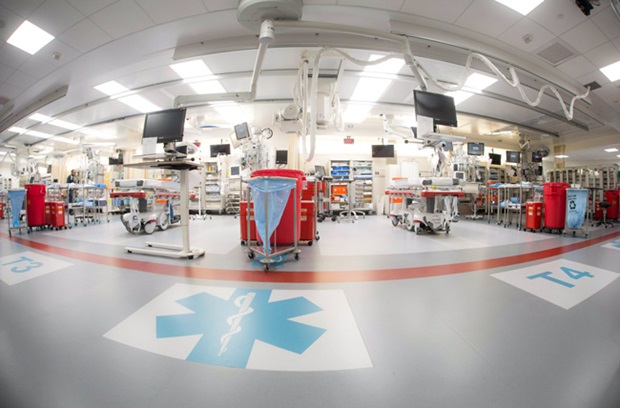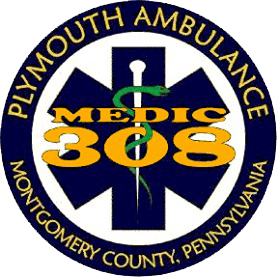
Community Education-Trauma Centers
Welcome to the July Community Education article. With the summer now in full swing, many people are out and about doing lots of fun outdoor activities. With this, comes the increase in traumatic injuries both minimal and severe. A lot of times, EMS must take patients to specialized trauma centers if they meet the criteria set forth by our protocols and our medical command systems. This article is to give you a brief overview of what a trauma center is and why EMS goes there versus a local hospital that you may be more familiar with.
What is a Trauma Center?
A trauma center is a hospital that specializes in the treatment and management of traumatic injuries. There are 5 different levels of trauma centers in PA with 5 being the lowest and 1 being the most comprehensive. Hospitals must apply and become accredited after meeting requirements to become these trauma centers.
What are some local Trauma Centers for our area?
In this area, we are lucky to have multiple centers within driving range and many more via air ambulance. These include but ARE NOT limited to Abington Memorial Hospital, Paoli Hospital, Penn Presbyterian Medical Center, Thomas Jefferson University Hospital, and Temple Hospital. In our C station local in Lower Frederick Township, there is also Lehigh Valley Hospital-Cedar Crest as well. All of these trauma centers are Level II or Level I so they provide highly comprehensive care to you.
When does EMS transport to a Trauma Center?
EMS transports patients to Trauma Centers when significant traumatic injuries occur and certain criteria is met. One such example is if a patient is on a blood thinning medication and suffers a moderate to severe head injury. Other examples area car accidents where the patient again suffers moderate injuries. However, sometimes it is necessary even if you fall down your stairs at home and meet the trauma protocols that we as providers must follow.
What can you expect at a Trauma Center when you are transported there?
When EMS informs the trauma center that they have a trauma patient or “trauma alert” coming to them, usually the hospital will contact and ready their trauma team which includes nurses, doctors, and other special teams, depending on the injury, to be ready in a room in which rapid assessments and testing can be done. Usually, they will perform imaging of the injury site and more along with bleeding control and other functions. A lot does happen fast!
